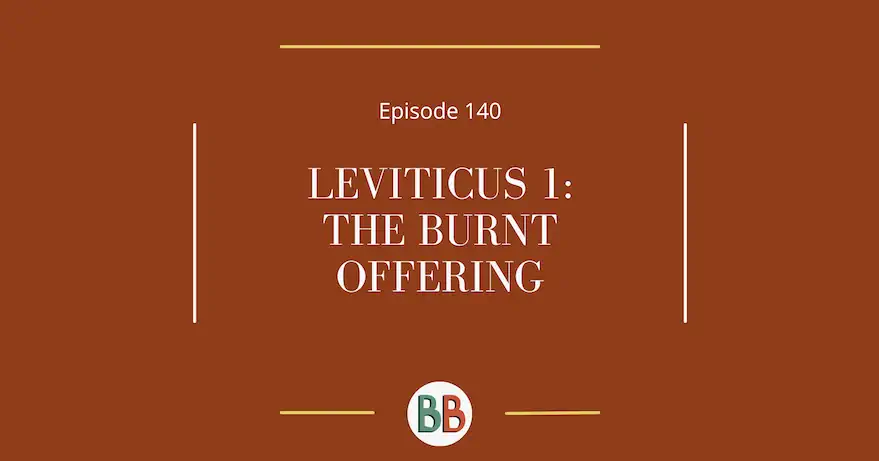
Explore the significance of Leviticus, a book sometimes seen as outdated, in our new podcast episode. Join us, Ryan and Brian, as we delve into one of the Bible’s most challenging texts, demonstrating its ongoing importance and connection to contemporary faith. We directly address the view that Leviticus lacks relevance after Jesus and illustrate why its intricate laws are essential for understanding divine teachings.
Leviticus is a key part of the Pentateuch that connects the narratives of Exodus and Numbers through its detailed laws and ceremonies. We discuss the historical and cultural background of this ancient scripture, noting the differences between Egyptian customs and the unique identity of the Israelites shaped by Leviticus. Blending storytelling with theological analysis, we affirm the traditional authorship of Moses and recreate the atmosphere of the Exodus era. Our discussion explores complex topics such as sin, atonement, and sacrifice, and how they relate to Christ’s ultimate sacrifice.
Conclude with a look at the reasons for Leviticus’s burnt offerings and the concept of ritual purity, which pave the way for the New Testament’s depiction of Jesus. We consider the tangible and emotional aspects of these ceremonies and their importance in conveying the concept of substitutionary atonement. We highlight how the sacrificial system included everyone, ensuring that people of all social ranks could engage in the collective path to reconciliation with God. Tune in as we investigate the lasting messages of Leviticus, equipping you to better appreciate the significance of Jesus’ sacrifice.
(00:12) Understanding the Book of Leviticus
Leviticus is often overlooked, but we argue for its value as God’s Word and offer guidance for reading its arcane rituals.
(07:58) Understanding the Book of Leviticus
Leviticus is a central book in the Pentateuch, revealing God’s character through laws and narratives, set during the Exodus period.
(16:11) Interpreting Leviticus in Its Cultural Context
Egyptian culture’s influence on Israelites, social imaginary, Leviticus laws, setting apart from past and future encounters.
(23:08) Understanding Sin and Leviticus
Leviticus is a vital part of God’s Word, discussing societal vs. divine perspectives on sin and the nature of sin from human and God’s viewpoints.
(35:09) Understanding the Purpose of Burnt Offerings
Ancient Israelite worship involved costly burnt offerings of unblemished male animals to maintain a right standing with God. Jesus is referenced as a sacrifice, and laying hands on the offering symbolizes substitutionary atonement.
(48:35) Significance of Sacrifices in Leviticus
Nature’s sacrifices taught about substitutionary atonement and inclusivity, preparing believers for Christ’s ultimate sacrifice.